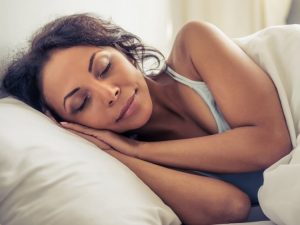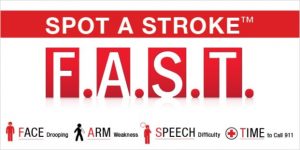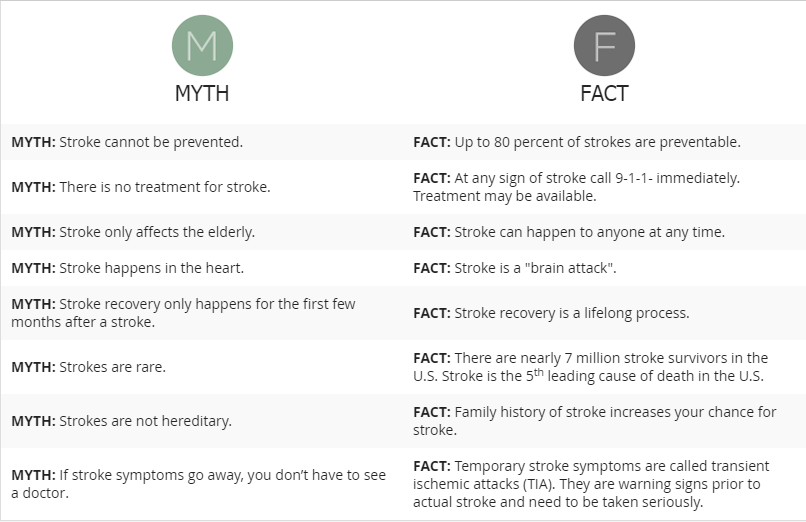Getting a good night sleep is not only pleasant but also a great way to keep optimum health. Good sleeping patterns positively affect many health aspects of the human body, from organ health to mood and behavior. However, the demands of our busy lifestyles, health complications, and stress can take away from our shut eye time and the ongoing sleep deprivation can have negative short and long term effects on our overall health. 
It is estimated that an adult should have between 7-9 hours of sleep each day. How many hours of sleep do you get on a regular basis?
A good night sleep will not only make you feel rested but will also provide you with benefits to carry you through the day and help you achieve your goals. Some of those benefits are:
- Increase your cardiovascular health
- Boost your happy mood
- Sharpen your attention
- Increase your memory
- Help you control your weight when combined with good diet and exercise.
- Increase your fitness ability.
- Lower stress
- Strengthens your immune system
- Balances your hormones which boosts sexual drive
- Helps keep your skin healthier
In other words, to get more done during the day and be fully present and truly productive and happy, make sure you get 7-9 hours sleep!





